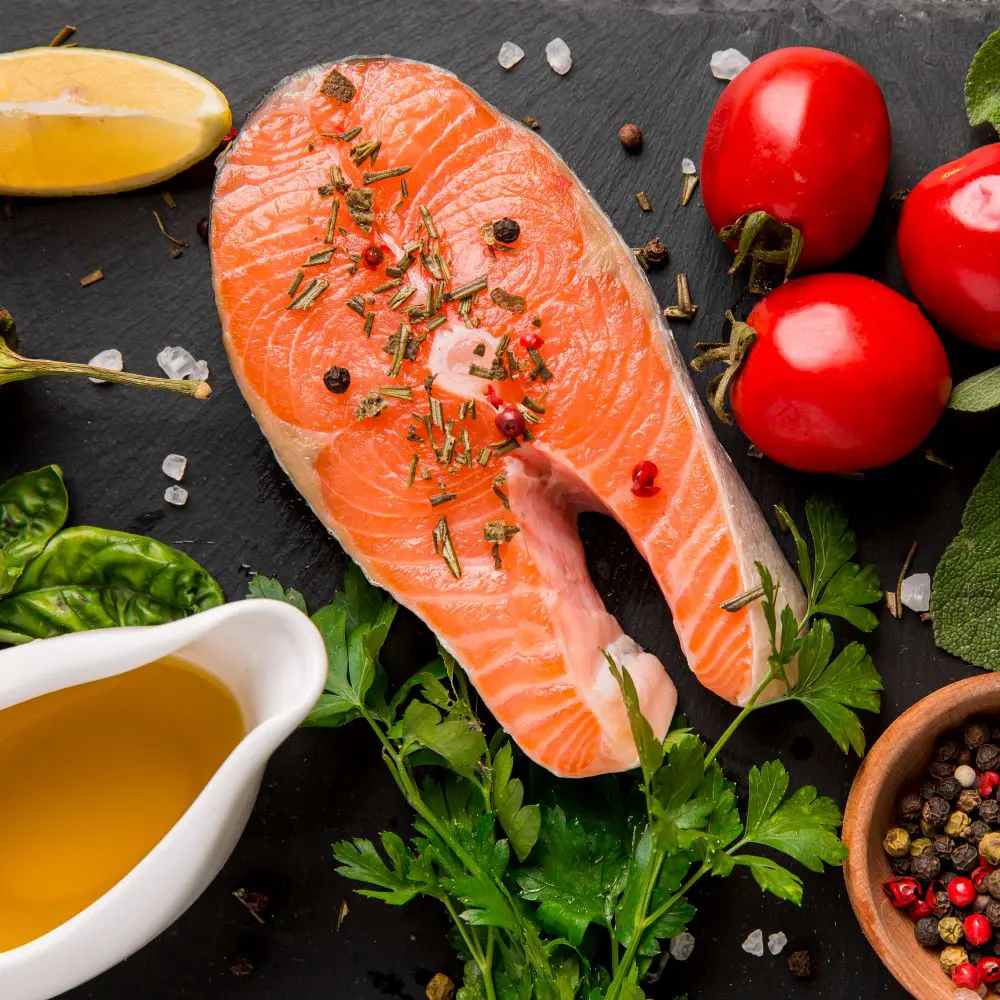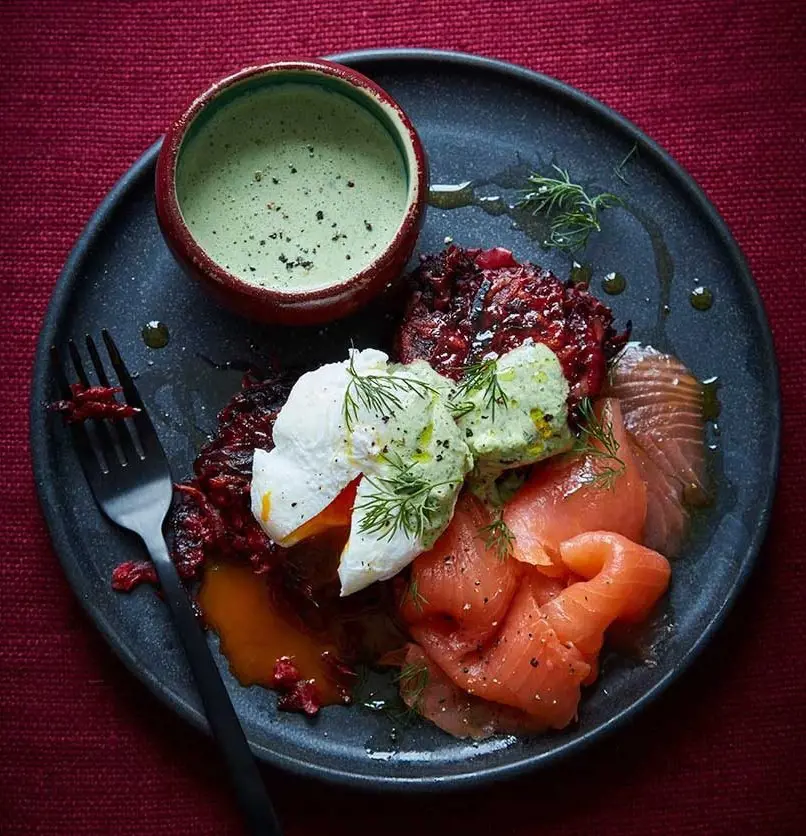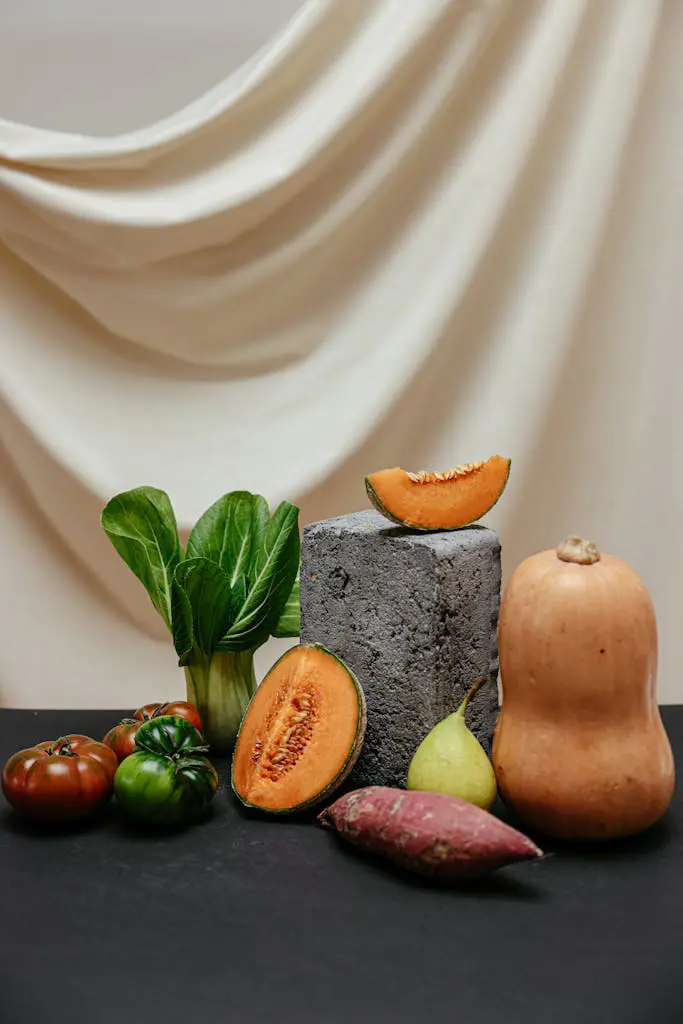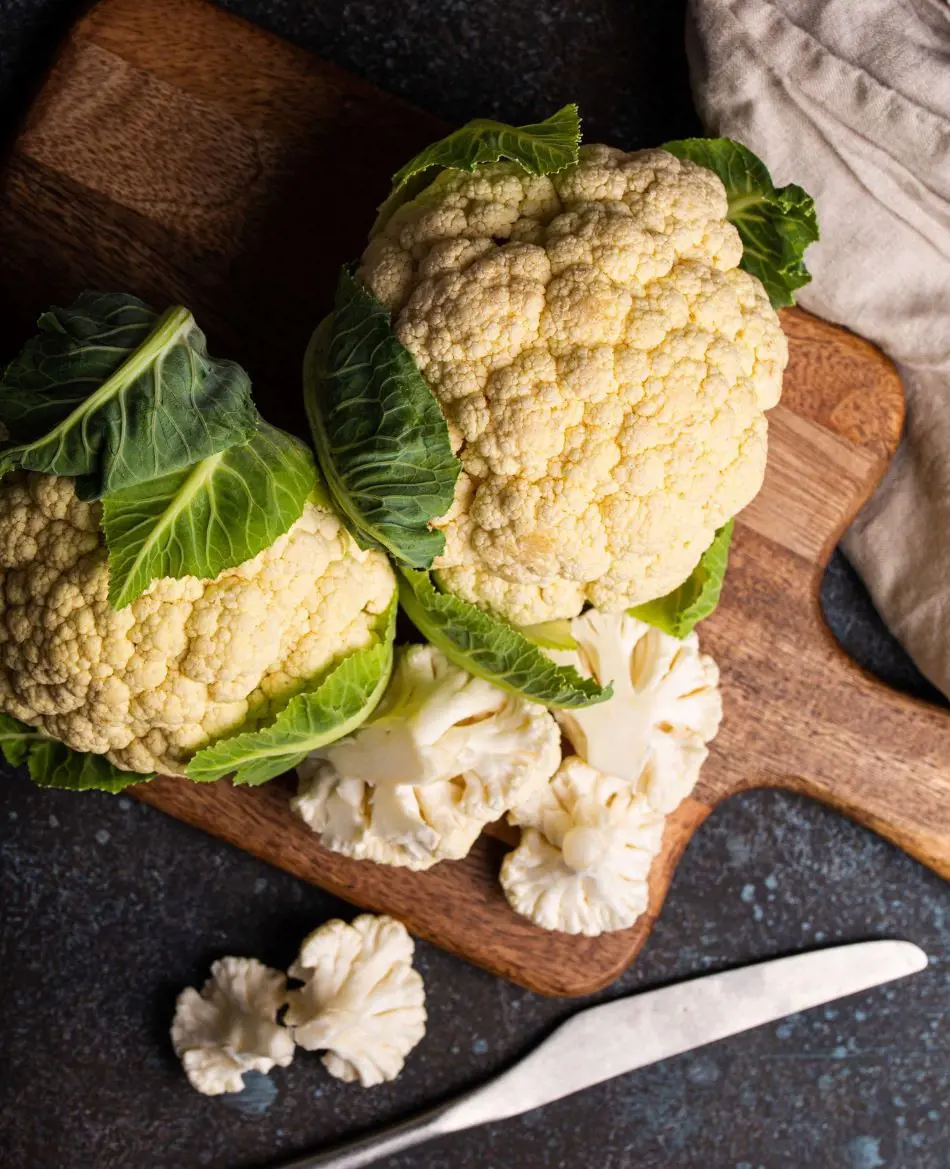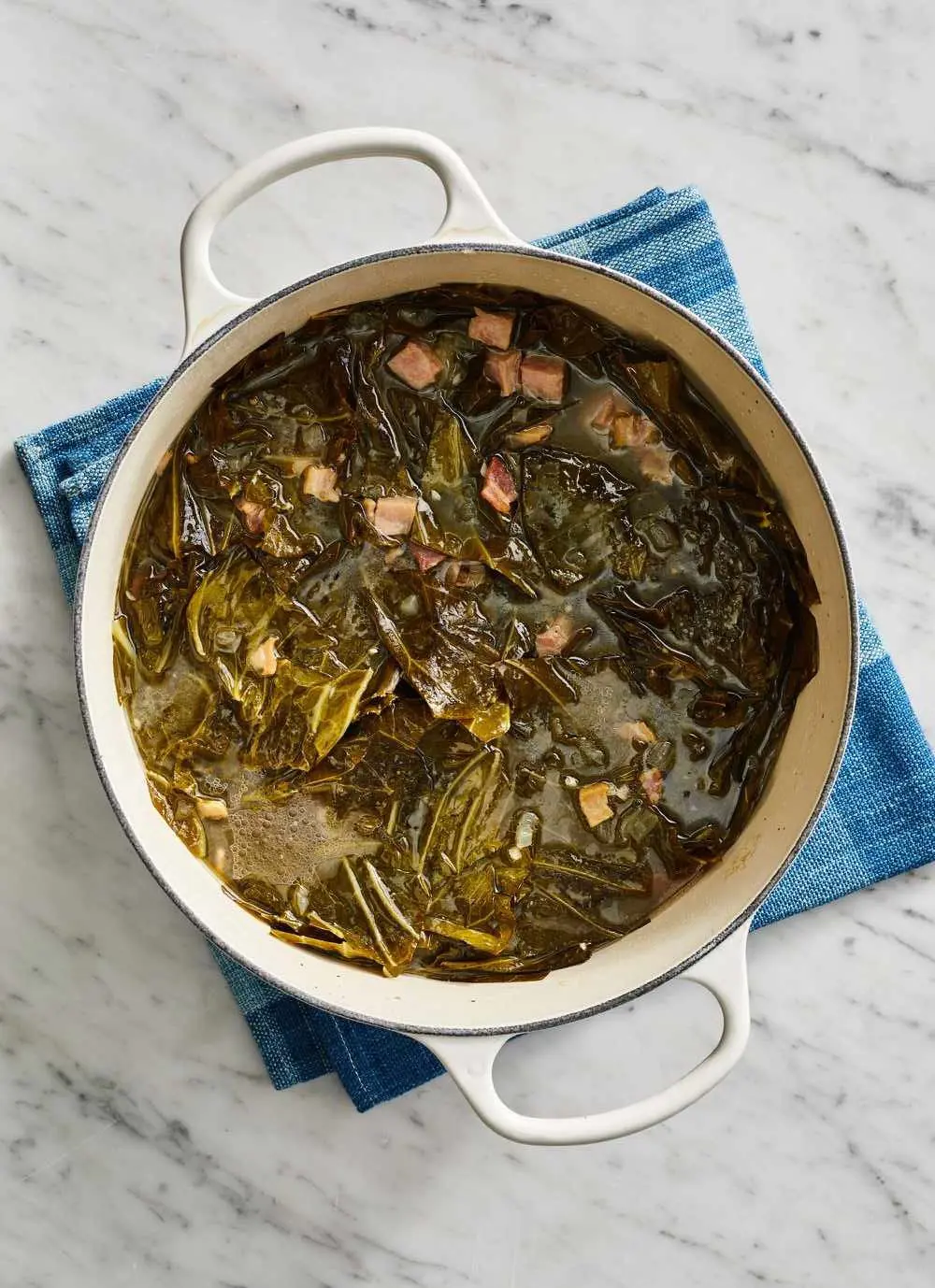20 Thiamine Foods and Their Benefits
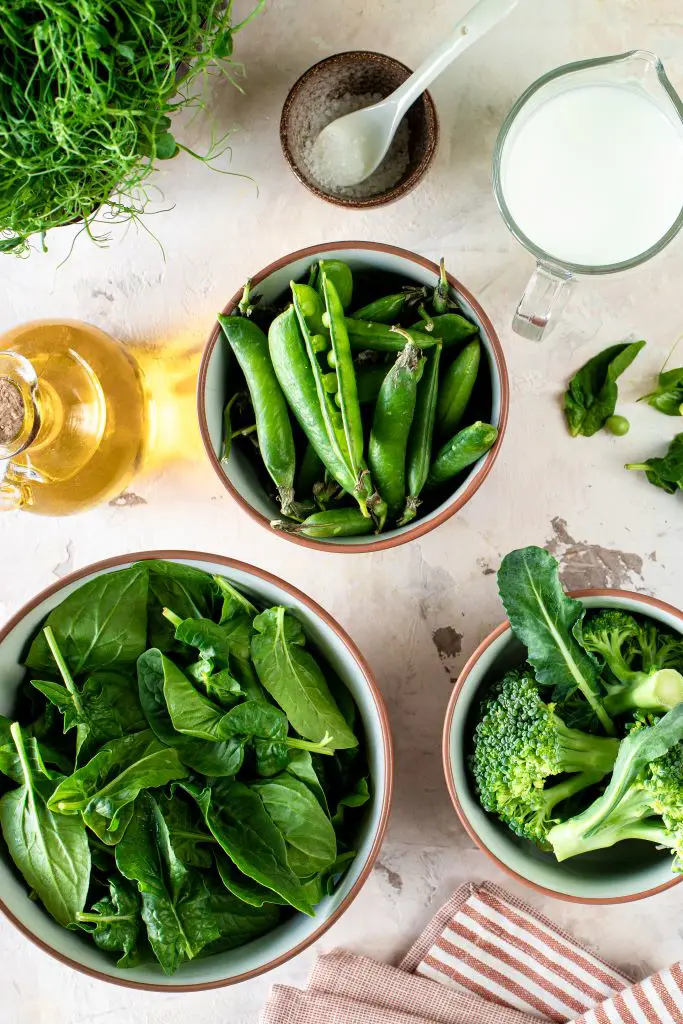
Inadequate thiamine in our bodies may result in sluggish behavior accompanied by cramps and weakness. As a result, one may be irritated and frustrated all the time.
If this is what you are going through, your body might be craving vitamin B1, which plays a vital role in brain function and overall well-being. Worry not, we have prepared a list of foods rich in thiamine.
1. Pumpkin Seeds
If you are wondering what foods are high in thiamine, try incorporating pumpkin seeds into your regular diet as they contain 0.3mg of thiamine per ¼ cup serving. These nuts are also rich in omega-3s, which can be enjoyed raw, roasted, or mixed with baked goods.
But if you are a foodie and love to snack, add this to your trail mix or yogurt to enhance the flavor.
2. Lentils
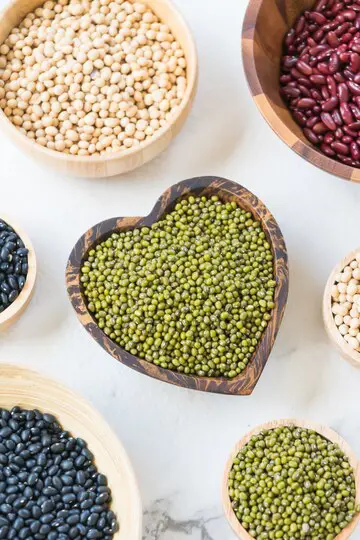
Lentils, a type of legume are packed with nutrients, including thiamine (vitamin B1). If you are a vegan or vegetarian who avoids animal products, lentils are a great source of plant-based protein and fiber.
These b1 foods contain 0.3mg per 1 cup serving which are best served as soups, stews, salads, and dips.
3. Spinach
This green leafy miracle, Spinach, is a versatile food containing vitamin B1, A, and K. It contains 0.2mg thiamin per 1 cup serving.
Now we know, that Popeye was onto something! Additionally, spinach is rich in iron, which is essential for maintaining healthy blood and energy levels.
4. Eggs
Containing 0.2mg of vitamin B1 per large egg, these oval-shaped foods are a tasty breakfast staple. Eggs are also a good source of protein and choline, which is important for brain health.
Additionally, they provide essential amino acids that support muscle growth and repair.
5. Quinoa
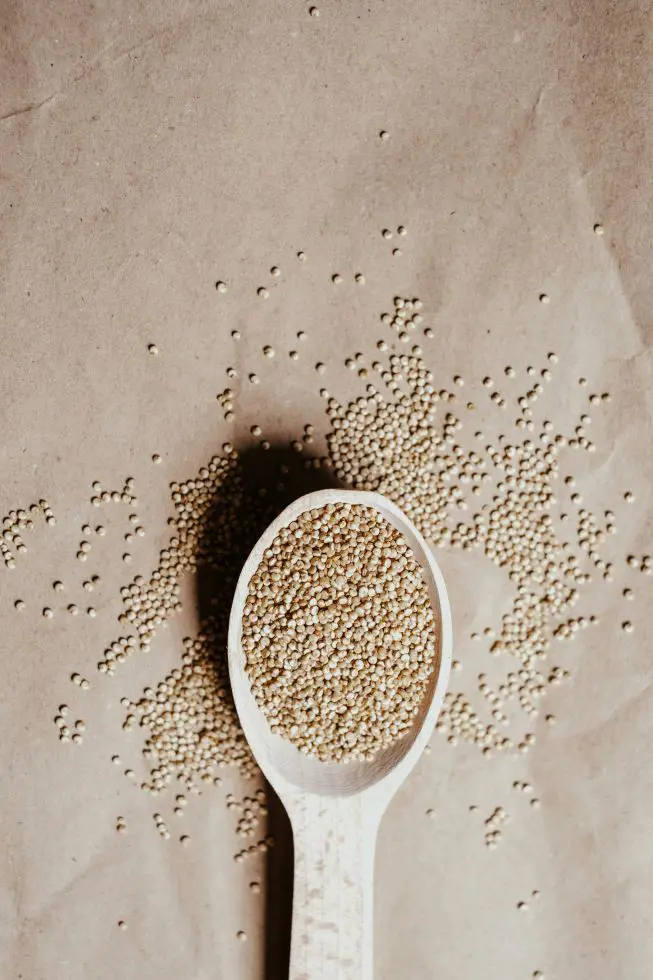
Are you wondering what foods have thiamine that can make a savory substitute for rice? In that case, choose quinoa, which contains 0.2mg thiamin per 1 cup cooked serving. It is a complete protein grain that is high in fiber and tastes slightly nutty.
6. Brazil Nuts
Also rich in other essential nutrients, including selenium, magnesium, phosphorus, and healthy fats, Brazilian nuts are a great source of vitamin B1. It contains 0.3mg of thiamin per 1oz serving.
However, it is advised to consume only 1-3 Brazil nuts per day as they are high in selenium, and overconsumption of selenium might be toxic.
7. Sweet Potatoes
One of the versatile and nutritious root vegetables, sweet potatoes belong to thiamine rich foods. Also jam-packed with vitamin A, sweet potato contains 0.2mg thiamin per medium potato. They can be enjoyed roasted, mashed, baked, or even made into fries.
8. Green Peas
Green peas are one of the most versatile foods that are rich in vitamin b1, vitamin K, fiber, and protein. Containing 0.3mg per 1 cup serving, peas can be enjoyed raw, frozen, or canned with anything and everything!
9. Pork Chop
Pork Chops contains 0.7mg per 3oz serving. It is a vitamin b1 food that also has an abundance of essential minerals like zinc and selenium.
For the utmost taste and nutrients, choose lean cuts like pork loin chops and prepare them using healthy methods like grilling, baking, or pan-frying.
10. Salmon
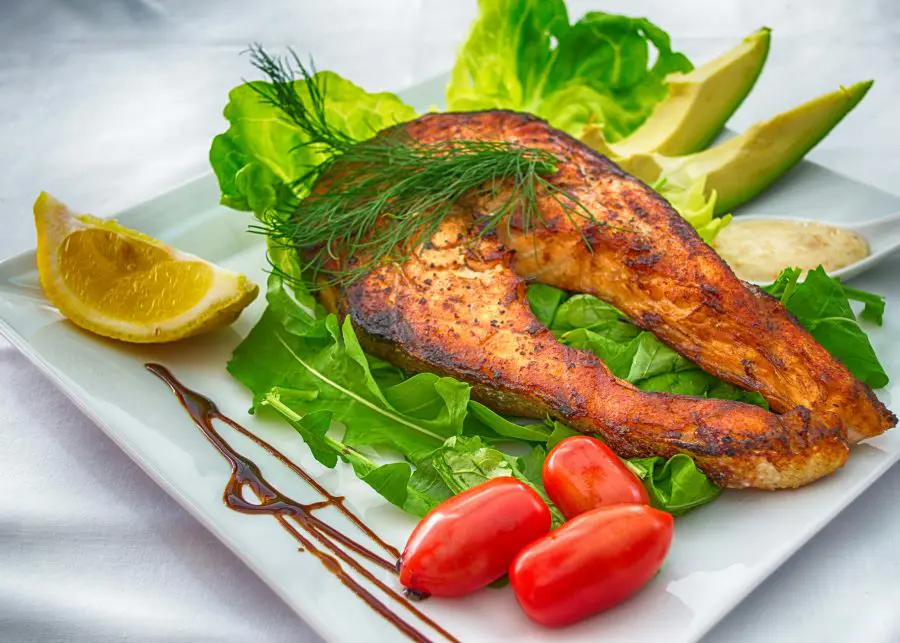
In addition to thiamin, salmon also contains omega-3 fatty acids, which are important for heart and brain health. This tasty fish provides 0.4mg of vitamin B1 per 3oz serving which proves that is among the tasty foods high in thiamine.
11. Beef Liver
Beef liver, providing 0.4mg per 3oz serving, is a concentrated source of thiamine and other essential nutrients such as vitamin A, iron, and folate. However, due to its high vitamin A content, consuming liver in moderation is recommended.
12. Fortified Cereals
Many breakfast cereals available in markets are fortified with vitamin B1, making them a convenient way to get your daily dose. Just be sure to choose cereals lower in sugar and contain a decent amount of thiamin.
13. Sunflower Seeds
These delightful tiny seeds containing 0.5mg per ¼ cup serving make a healthy snack. They can be enjoyed on their own as a snack or added to salads, yogurt parfaits, or homemade granola bars.
14. Mussels
One of the tastiest seafood with thiamine, a 100-g serving of steamed mussels contains 0.303Trusted Source mg of vitamin B1. Additionally, steamed mussels are also rich in vitamin C, vitamin B2, vitamin B3, folate, vitamin B12, vitamin A, vitamin E, and vitamin K.
Mussels also contain essential minerals such as calcium, iron, magnesium, potassium, zinc, and selenium.
15. Shiitake Mushrooms

Not just a culinary delight, these flavorsome mushrooms contain copper and potassium, along with vitamin D and B1. Jam packed with essential aliments, shiitake mushrooms contain 0.4mg per 1 cup serving.
16. Edamame
Vitamin B1 foods, edamame, also known as immature soybeans, are a complete plant-based protein. These tasty little beans are a good source of thiamine, containing 0.4mg per 1 cup serving.
17. Black beans
Black beans are a nutritional powerhouse containing iron, fiber, folate, proteins, and antioxidant properties, along with 0.6mg of thiamin per 1 cup serving.
This incredibly versatile bean tastes best with soups, stews and:
- Salads
- Dips and spreads
- Burgers and tacos
- Rice dishes
18. Nutritional Yeast
Nutritional Yeast is called a nutritional powerhouse for a reason. It contains a high amount of thiamin, (1.5mg per ¼ cup serving), along with other B vitamins, protein, and fiber. If you are unaware of its taste, it adds a cheesy, nutty flavor to dishes like pasta, popcorn, and scrambled eggs.
19. Turnip Greens
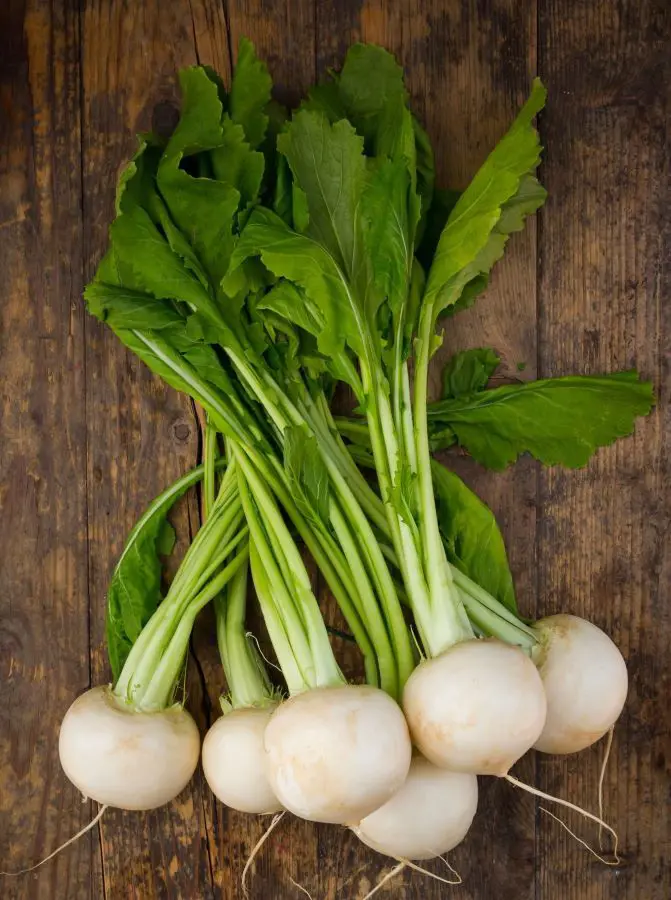
Turnip Greens with their slightly peppery flavor, are a great leafy green vegetable source of thiamine (0.4mg per 1 cup serving) vitamins A, C, and K. These greens are also low in calories and high in fiber and calcium, an essential aliment for strong bones and teeth.
20. Brown rice
If you are a fitness fanatic, you are already familiar with brown rice, as these whole grains are the most common white rice substitutes.
Unlike regular rice, brown rice has higher thiamine (0.3mg per 1 cup serving) and fiber than white rice. Plus, its nutty flavor and chewier texture make it a great substitute for refined carbohydrates.
What are Some Major Benefits of Vitamin B1?
Here are 6 major benefits of Vitamin B1 (Thiamine):
1. Energy Production: Thiamine unlocks energy from food by converting carbohydrates into usable fuel (ATP) that powers all your bodily functions.
2. Healthy Nervous System: It's essential for nerve cell health and transmitting signals throughout your nervous system, ensuring proper communication between
3. Brain and Body: Deficiency can lead to nerve damage and problems like tingling or weakness.
4. Brain Function: Your brain relies heavily on thiamine for memory, learning, and concentration. Deficiency can cause confusion, memory problems, and even dementia.
5. Heart Health: Thiamine helps regulate heart rhythm and may prevent heart failure.
6. Overall Metabolism: B1 plays a role in metabolizing not just carbohydrates, but also fats and proteins, ensuring your body uses all its fuel sources efficiently.
Vitamin B1 Deficiency Symptoms
Some of the common and early thiamin deficiency symptoms include the following:
- Fatigue and weakness
- Loss of appetite
- Irritability
- Muscle weakness and cramps
- Weight loss
- Sleep disturbances
- Concentration problems
Advanced Deficiency
Advanced thiamine deficiency, known as Beriberi, is a condition that features problems with the peripheral nerves and wasting. If you or someone you know is showing the early signs, it is recommended that you consult a doctor and get medicated.
Fruits Rich in Thiamine
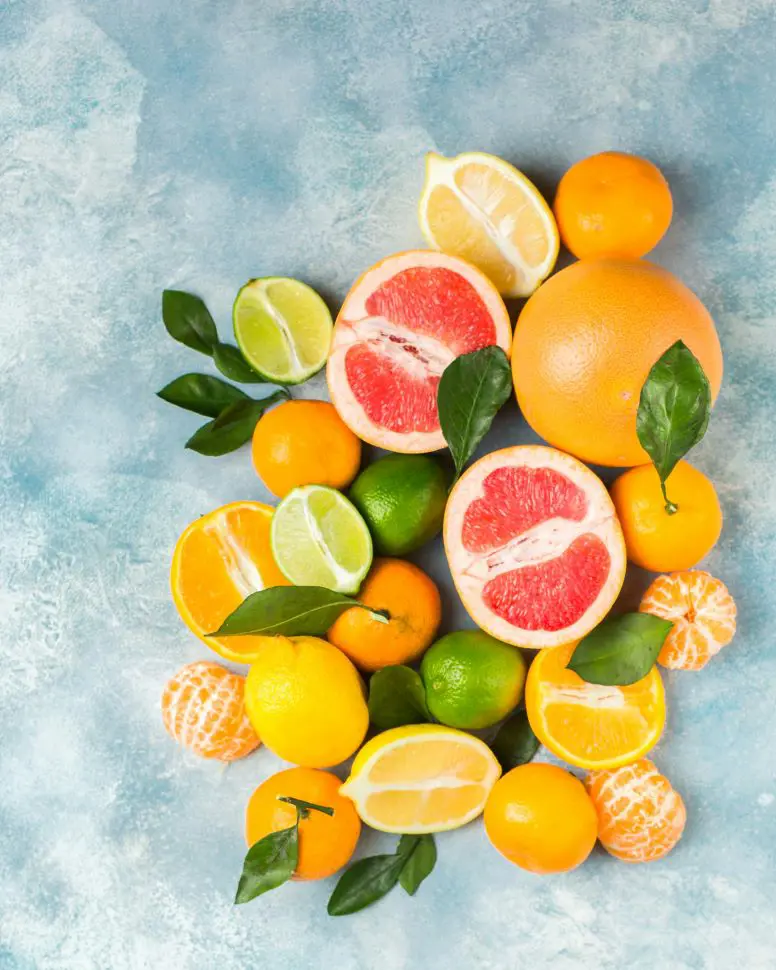
It is true that fruits are generally less rich in thiamine, but here are some fruits that can still contribute to your daily intake of vitamin B1:
- Oranges
- Kiwi
- Grapefruit
- Pineapple
- Prunes
Recent posts
Nutrition
Nutrition
Licorice Root: Benefits And Uses
You can spell it liquorice or licorice; this herb or root has been in use for centuries in most medicinal applications, as a natural sweetener and to enhance flavors. Regarding its origins, it comes from the root of the "Glycyrrhiza galbre" plant and...
Nutrition
Is Salmon Good For You? Nutritional Facts and Benefits
Salmon fish is a staple diet throughout the world, popular as a super food for its nutrients. Whether savored in sushi, poached, grilled, roasted, or pan-fried, salmon offers minerals and vitamins that contribute to healthy bodily functions. In addit...
Nutrition
25 Smoked Salmon Recipes That You Will Enjoy
Salmon is a silver-colored fish that is loaded with many nutrients, vitamins, and omega-3 fatty acids. Smoked Salmon is better for improving your health and reducing the risk of cancer, heart-related diseases, fights inflammation, reduces anxiety and...
Nutrition
Are Sausages Healthy? Nutrition And Health Benefits
Sausages are tasty in an addictive way, making them one of the most popular foods worldwide. You may have enjoyed this convenient food often, whether on a bun with mustard or grilled on a barbecue, the simple preparation methods are what makes its co...
Nutrition
20 Vegetables That Are Rich In Iron
Iron is essential for our bodies to function well. When we don't get enough iron, we often feel weak and tired. It's important to address iron deficiency early by eating the right foods. Fortunately, many vegetables are rich in iron and can help prev...
Nutrition
15 Cauliflower Nutrition Facts And Health Benefits
Cauliflower, a cruciferous vegetable, resembles a white variation of its relative, broccoli. Like broccoli, it has closely bunched florets attached to a thick core, often surrounded by a few leaves. While white is the most common color, cauliflower i...


